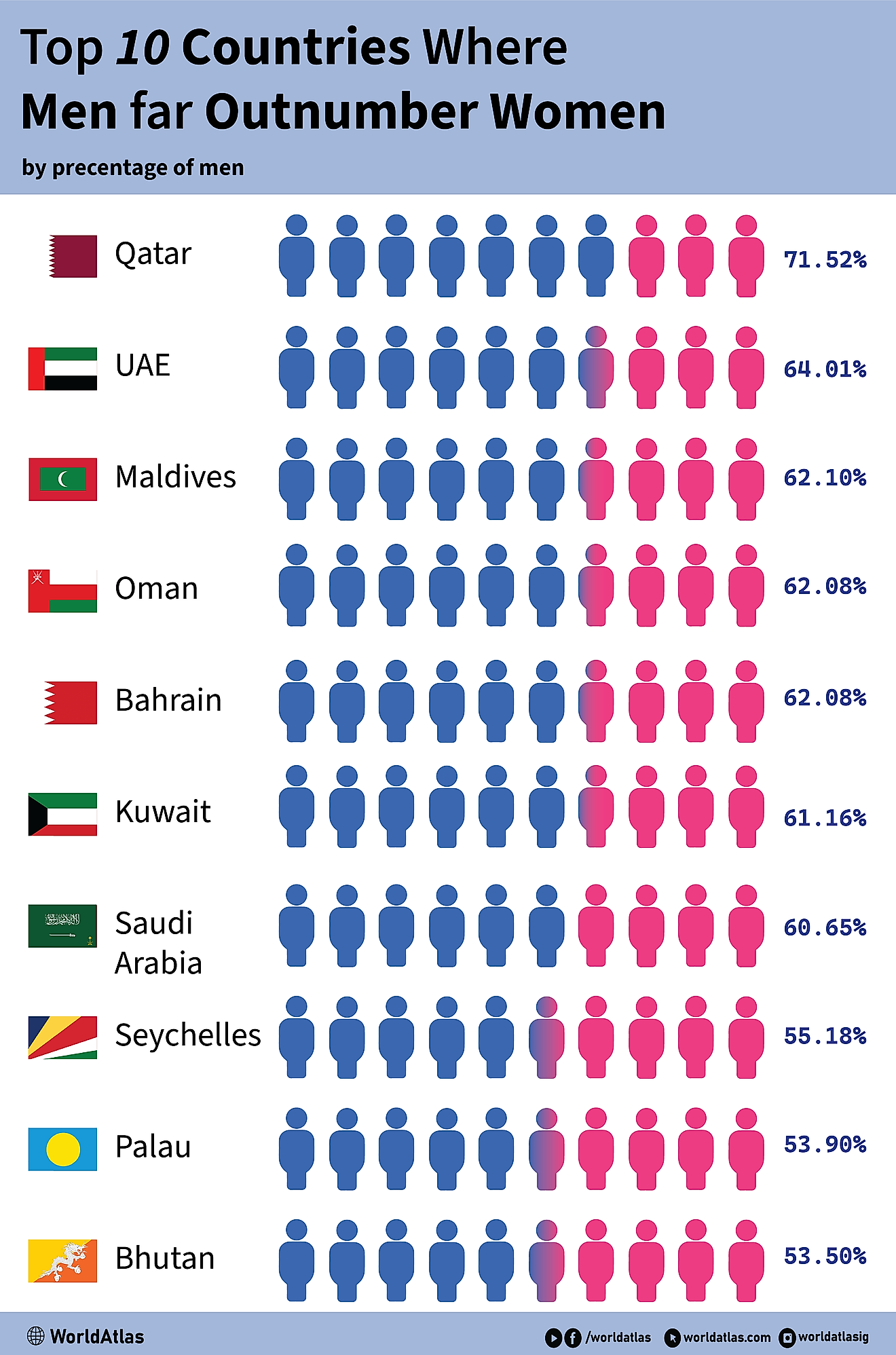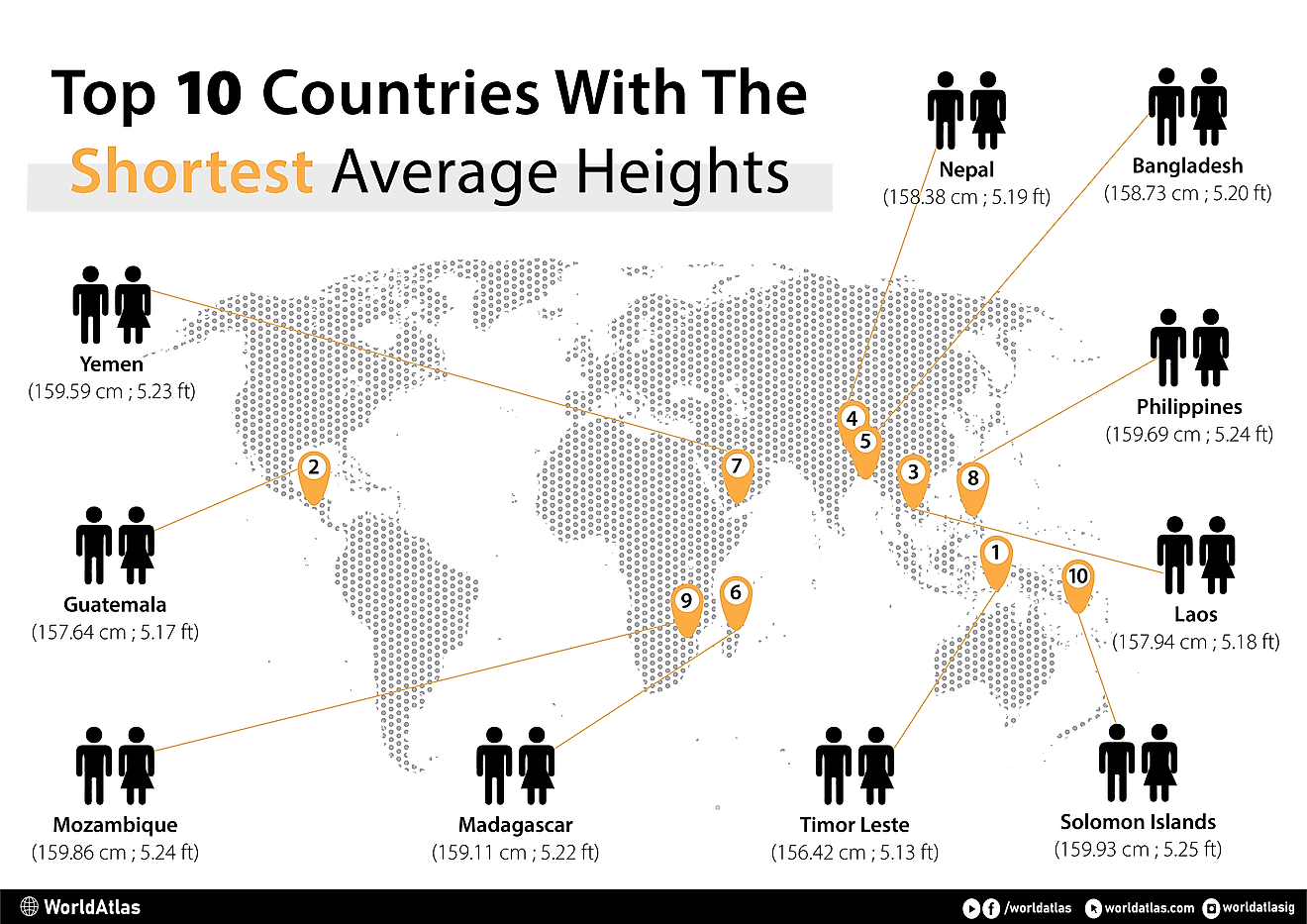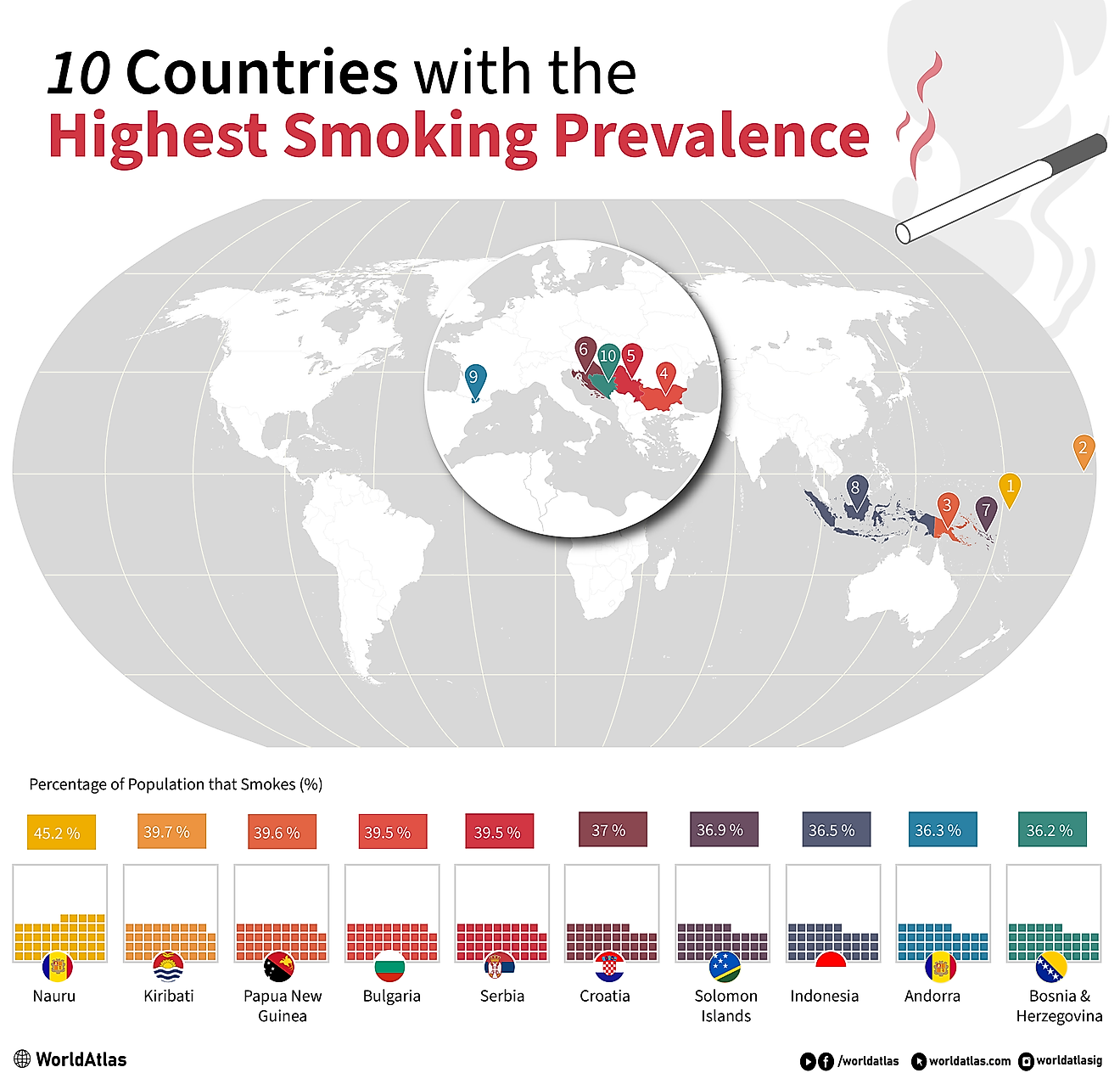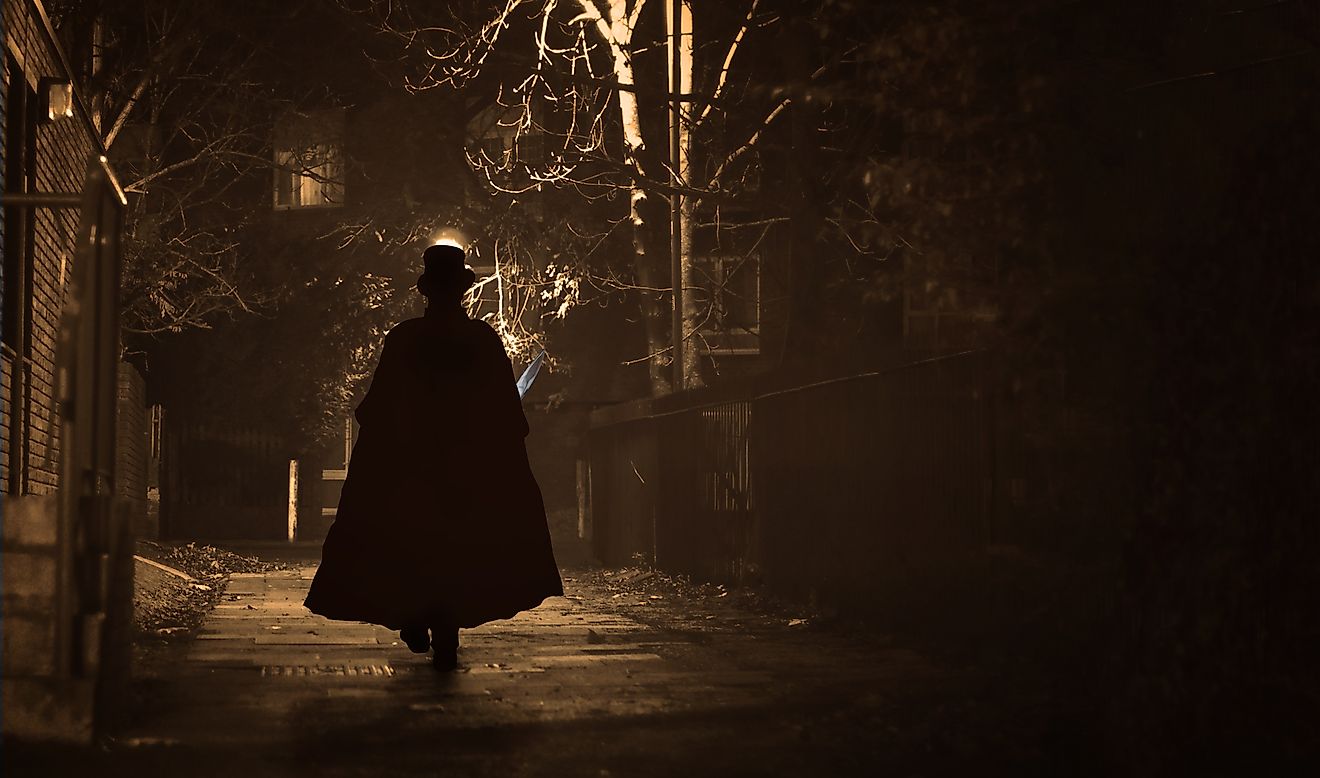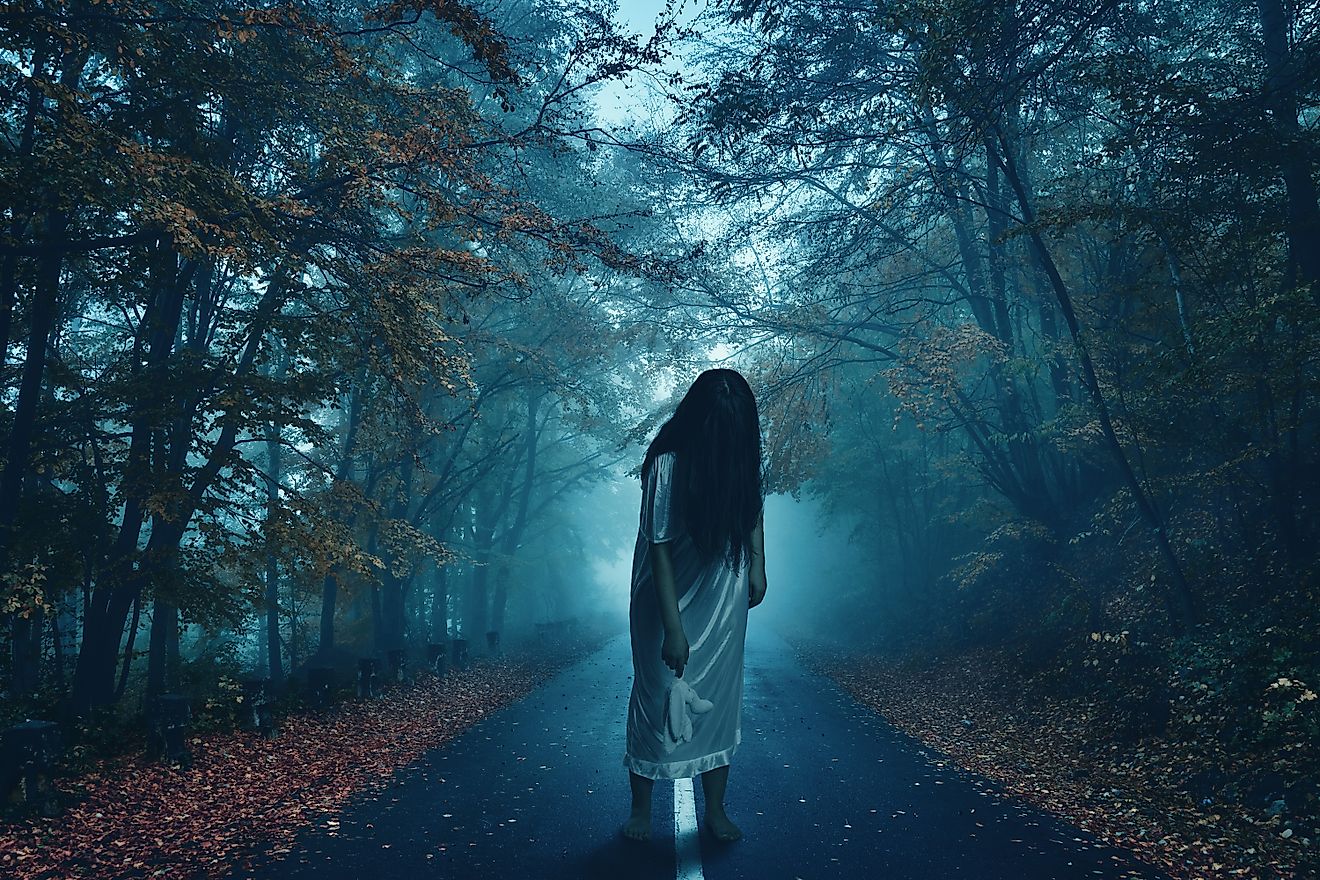Ethnic Groups Of Malawi
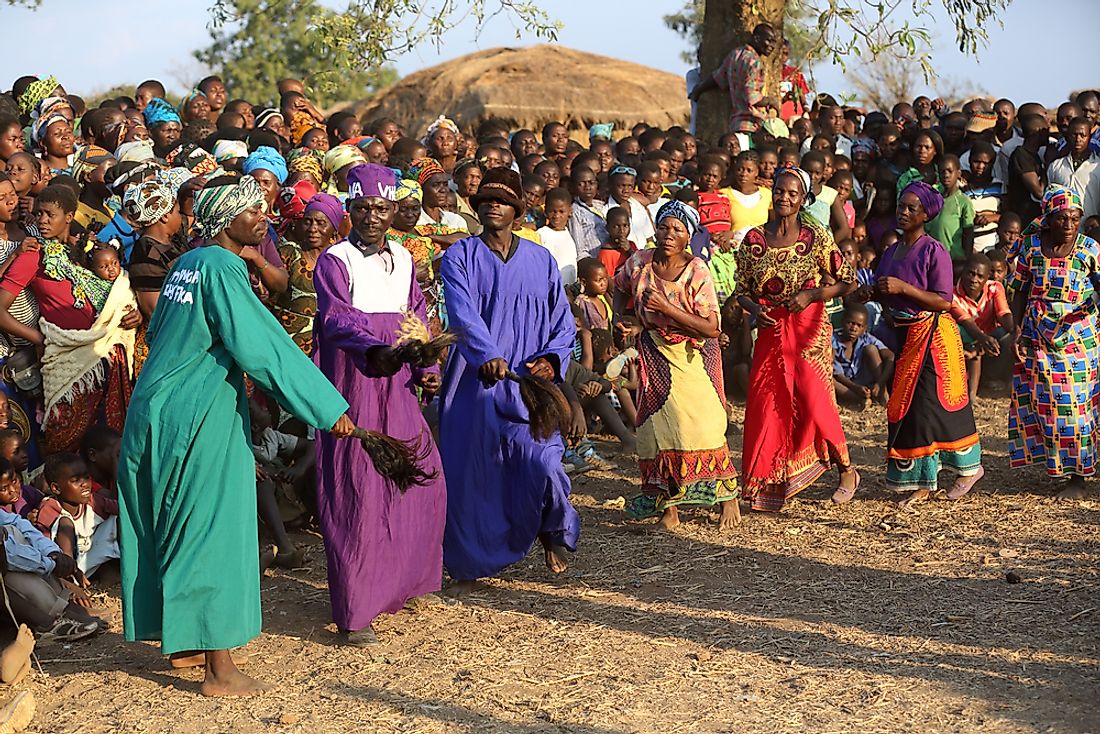
Malawi, officially the Republic of Malawi, is a landlocked country in Southeastern Africa. It borders Tanzania, Zambia, and Mozambique. It is one of the smallest countries in Africa with an area of 45,460 square miles and an estimated population of 16.8 million. Lilongwe is the country’s capital and largest city. It is under the leadership of the president who is elected democratically. English is the country’s official language, but other ethnic languages are used. The people of Malawi are mainly Bantus divided into several ethnic groups.
Ethnic Groups Of Malawi
Chewa
The Chewa are Bantu people found in Malawi, Zambia, Zimbabwe, and Mozambique. They are a remnant of the Maravi people of the 16th Century and are divided into two clans the Phiri and the Banda. They originated from Malabo, Democratic Republic of Congo before migrating to Zambia in late 1400. Women are regarded as special people as they are the reproducers of their lineage and the entire extended family. They constitute 36% of the entire Malawian population.
Lomwe
The Lomwe people are mainly found in the Phalombe district, southeast Malawi but initially originated from Mozambique. They are Bantu-speaking people who follow deep cultural customs, but the practices have died out over the years. It is the second largest ethnic group in Malawi forming up to 18% of the entire county’s population.
Wayao
The Wayao people commonly referred to as the Yao people are major Bantu ethnic group mainly found in the southern part of Lake Malawi. They can also be found in Mozambique and Tanzania. The Yao people are Muslim subsistence farmers who participated in the Barter trade with Arabs along the Southeastern Coast of Africa. In the 19th Century, it became the most influential tribe in southeastern Africa. They strictly follow their traditions to date. They constitute 14% of the entire Malawian population.
Ngoni
The Ngoni people are believed to have originated from the Zulu and Nguni people of South Africa who were displaced during the Zulu wars and relocated to Zambia and Malawi. Zulu wars arose after the death of the leader and succession problems arose. These led to the division of the Ngoni group into seven substantial kingdoms in Malawi, Zambia, and Tanzania. They relied on agriculture but preferred cattle due to migrations to different northern countries. In Malawi, they constitute 12% of the entire population.
Tumboka
The Tumboka people are Bantu people originating from the eastern region of Lake Malawi and are found in Eastern Zambia, Northern Malawi, and Southern Tanzania. Though greatly affected by the wars of the Ngoni people, the Tumboka people are subsistence farmers. They form 9% of the country’s entire population.
Other Ethnic Groups Of Malawi
There are other smaller ethnic groups in Malawi like the Nyanja which constitute 6% of the country’s population. Nyasa Tonga is an ethnic group of Bantus speaking people living in Nkhata Bay, Northern Malawi and form 2% of Malawian population. Ndonde Hamba is one of the least populated ethnic groups with 1% of the population. Other minority groups form 2% of the population in a multi-ethnic country.
Ethnic Groups Of Malawi
| Rank | Ethnic Group | Share of Population in Malawi |
| 1 | Chewa | 36% |
| 2 | Lomwe | 18% |
| 3 | Wayao | 14% |
| 4 | Ngoni | 12% |
| 5 | Tumboka | 9% |
| 6 | Nyanja | 6% |
| 7 | Nyasa Tonga | 2% |
| 8 | Ndonde Hamba | 1% |
| Other Peoples | 2% |



